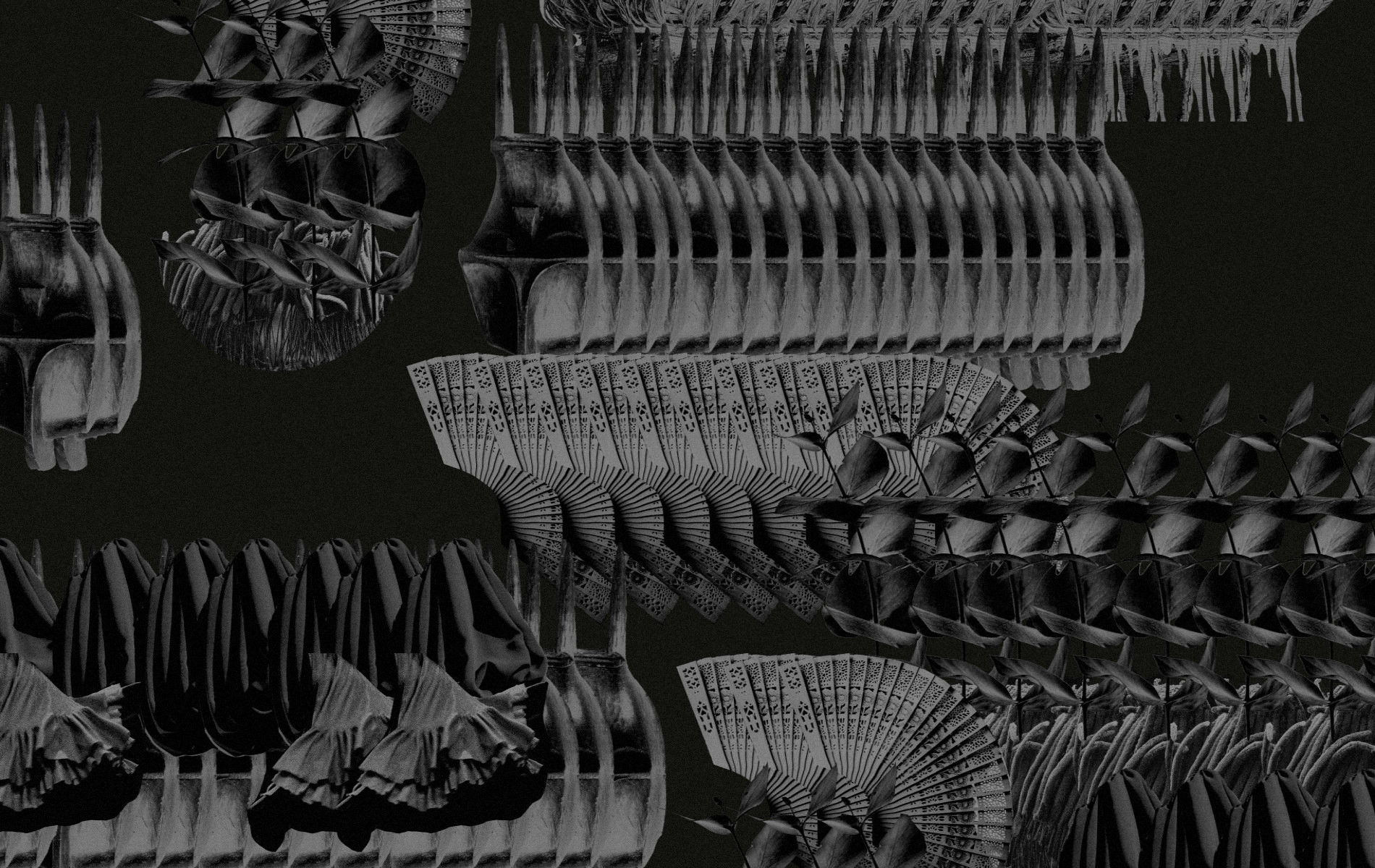Scorpios is a place for inspirational gatherings, born anew by every member of our growing community as we come together in deep connection and fearless openness of mind.
We make it our mission to create transformational experiences in shared rituals in arts, music, festivity and mindfulness to align us with our true nature and the emergence of a new time.


















